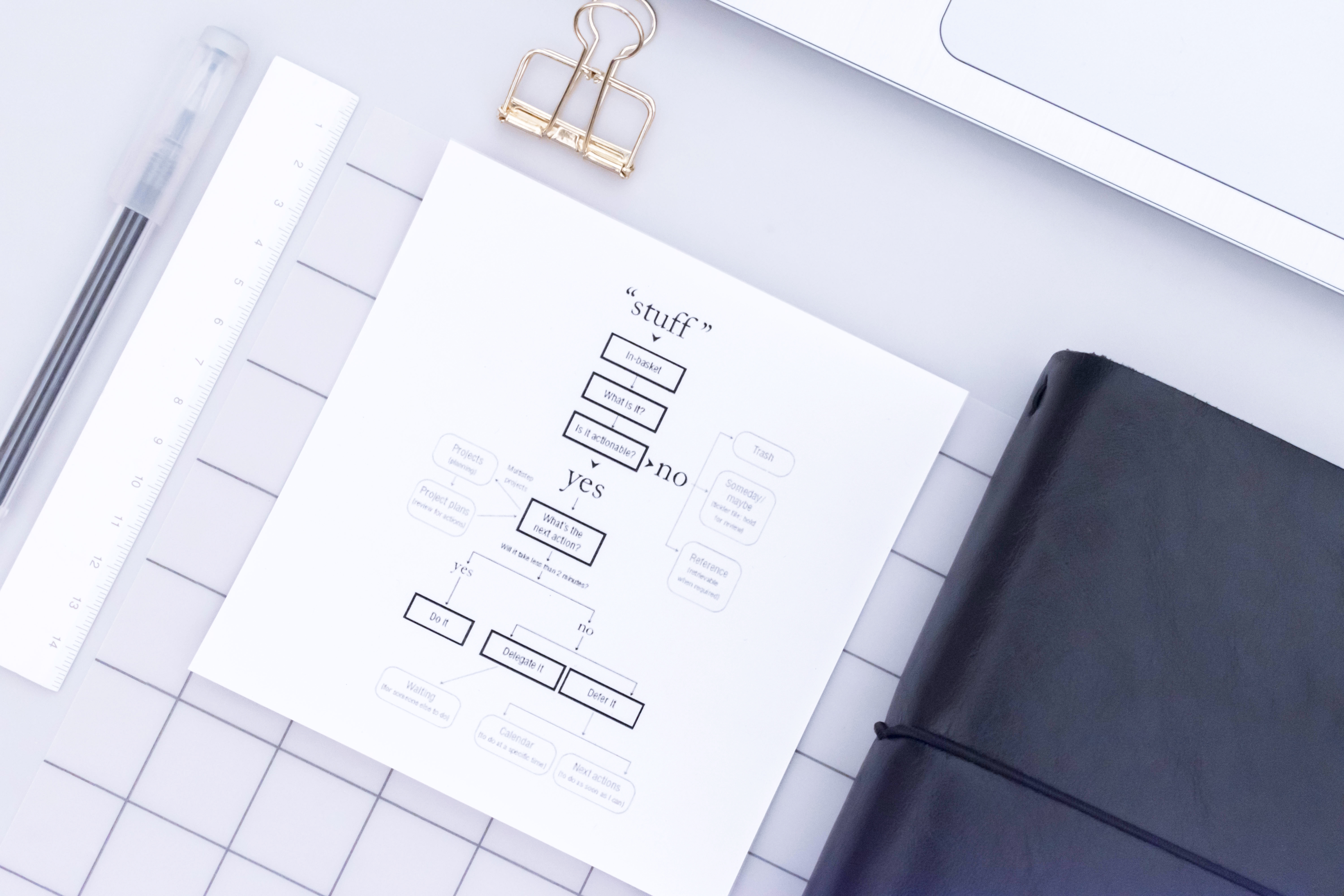

Once all the items that you need to handle are gathered in one place, it’s time to process them and decide what each of them means. I use braindump spreads in my bullet journal to collect all the items that have my attention. It’s simply a spread I use to create a non structured or organized list of all the things I need to handle or finish. But there’s a kind of spread that is especially useful when it comes to collect all the “stuff”: I’m talking about the “braindump” pages. I honestly consider that all my bullet journal spreads are part of this capturing process: my journal is the place where all my thoughts, projects and tasks end up. The second tool I use for capturing all the items that are asking for my attention is, of course, my bullet journal. And that’s totally fine because it’s exactly what the “capturing” tool is supposed to look like according to the GTD method. I’d like to say that it’s organized and features categories or dividers but it’s actually a big mess.

#Journler gtd free#
I use it exclusively when I’m on the go and don’t have my bullet journal on hands: it fits all my bags and I feel free to scribble in it in any situation. My mini notepad is my bullet journal sidekick. To capture all the items as they appear, I use 2 tools: All the items are mixed up, no matter how important they are. This stage of the GTD process is not about creating categories or prioritizing everything. The goal of the “Capture” step in the GTD method is to collect all the items that have your attention: mails, texts, projects, commitments, ideas, small tasks… At the end of the capture step, you’re supposed to have all these items in one place so that you can process and organize them in a structured organization system. Now that you have an overview of the GTD process and my version of it, let’s dig deeper and detail the 4 steps one by one. It feels more logical for me that way, and it really reflects how I implemented the GTD method in my bullet journal. You probably noticed that I changed the workflow too. So my very own process features 4 steps instead of 5: To implement the GTD method in my bullet journal and adapt it to the way I organize my projects and tasks, I tweaked it a bit.

Reminder of the GTD process in my bullet journal.

The Getting Things Done method relies on a task management process that is meant to help you set and maintain a simple and effective organization system. It’s a personal organization method that can be used for any activities or projects in both personal and work areas.
#Journler gtd how to#
The focus is much more on project and tasks management, and how to define priorities in the flow of things that are requesting your attention. So it’s not really about time management. The GTD method allows to manage actions efficiently to reach your goals. After a few months thinking about it, I finally bought a copy of the book and decided to implement the Getting Things Done principles in my bullet journal, changing some things in my organization system along the way. I discovered the GTD method on Kara’s blog (Boho Berry) through her GTD + bullet journal post. Over 18 years after David Allen’s first book, many people have implement this method and use it around the world. Getting Things Done (or GTD for short) is a organization system that is far from new.


 0 kommentar(er)
0 kommentar(er)
